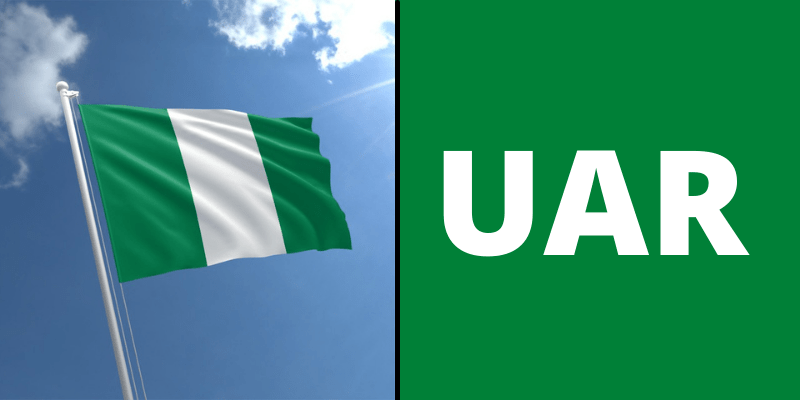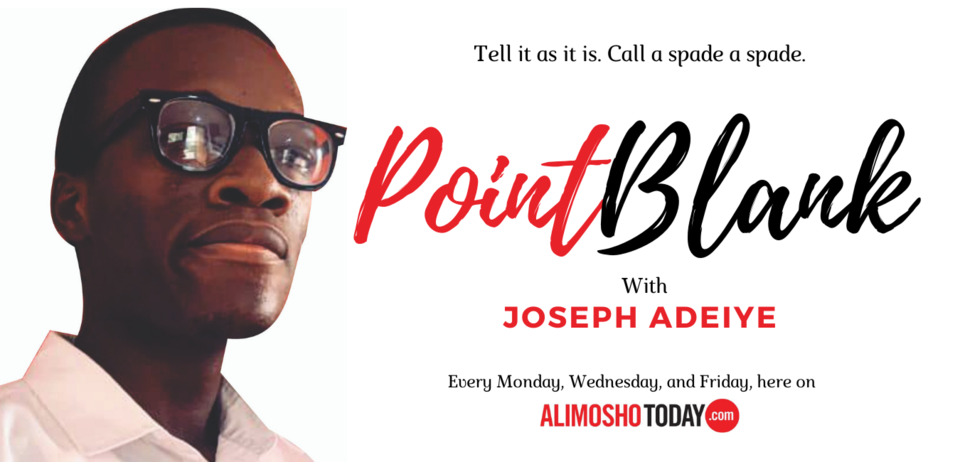A lot of things have been happening in the past few days and Nigeria is looking like a national hub for clownery. But the farce has failed to conceal our continued tragedies. The reason the proposal for renaming the country is taking centre stage this Monday June 6, is because it inadvertently points at yet another solution to our national problem. The proposal, of course, has provoked many Nigerians who do not believe that changing the name of the country has anything to do with fixing our plethora of negative issues.
 Nigerian lawmakers from both chambers of the National Assembly have been engaging the country in the past two weeks in order to accept opinions from citizens in accordance with the planned constitutional amendment. Public hearings for both the House of Senate and House of Representatives have begun across all six geopolitical zones. In the process, there have been several memos and papers pushing various ideas and suggestions about how the constitution can be amended. Many proposals have presented a restructuring stratagem, others are more specific about private business engagement, youth empowerment, local health care, state autonomy, electoral reform, gender equality, and the list goes on.
Nigerian lawmakers from both chambers of the National Assembly have been engaging the country in the past two weeks in order to accept opinions from citizens in accordance with the planned constitutional amendment. Public hearings for both the House of Senate and House of Representatives have begun across all six geopolitical zones. In the process, there have been several memos and papers pushing various ideas and suggestions about how the constitution can be amended. Many proposals have presented a restructuring stratagem, others are more specific about private business engagement, youth empowerment, local health care, state autonomy, electoral reform, gender equality, and the list goes on. Just a couple of days after many of us were questioning the early proposals to the Senate on Sharia implementation, the House of Representatives announced that it had received a proposal from one Adeleye Jokotoye asking that the country be renamed “United African Republic”. The tax consultant, who is based in Lagos, explains that the name ‘Nigeria’ was the result of colonial imagination by the British and it does not reflect the mind of the people of the country.
Interestingly, the name ‘Nigeria’ is not the only product of British imperial imagination. The country itself has been frowned upon by an increasing population of young Nigerians as a forcefully yoked entity of uneven sides. This colonial creation was achieved in January 1914 after the northern and southern protectorates were amalgamated by the colonial governor Frederick Lugard. The formation of this country under Governor Lugard was basically an attempt to make the economic exploitation of such a large colony as easy as possible. This entity has remained intact, however forcefully, several decades after its ‘independence’ in 1960.
Now that it is clear that our colonial influence goes far deeper than the name of the country, will Mr Adeleye Jokotoye review his proposal and ask that the whole entity ‘Nigeria’ be changed? That is, in fact, what a number of people are agitating for. Of course, something is wrong with the name ‘Nigeria’ just as something is wrong with the whole country itself. Will renaming the country bring a lasting solution to the current challenges of the country? No. It will not change the corruption going on in the public service neither will it erase the apathy of Nigerians. It will not enforce the law and it will not save us from the abyss of debt we have dug up in less than a decade.
The proposal is not great as the title of this article might seem to suggest, it is the idea that we need to rename and remove something that is perhaps the solution to our national problems. What can we rename? Perhaps we can start with our consciousness. We seem to have no national consciousness because our consciousness has become more tribal than it has ever been. At this point, most Nigerians have given up on trying to sustain national unity and tolerance among the diverse ethnic groups in the country. The unity of Nigeria is basically nonexistent while the leadership of the country seems not to be making efforts to gain the trust of the people. This unity and fairness are in the speech of the presidency but absent in its actions. Governors are trying to be politically correct, even when they obviously feel otherwise, and the words of some legislators are policed in the halls of the National Assembly. Little wonder we have majority ethnic groups demanding a break from this British contraption called “Nigeria”, we have lost our faith in this country as she seems to be in her death throes. If it is to remain, there is a whole lot more to change in this country other than just a name.


.png;w=120;h=80;mode=crop)
